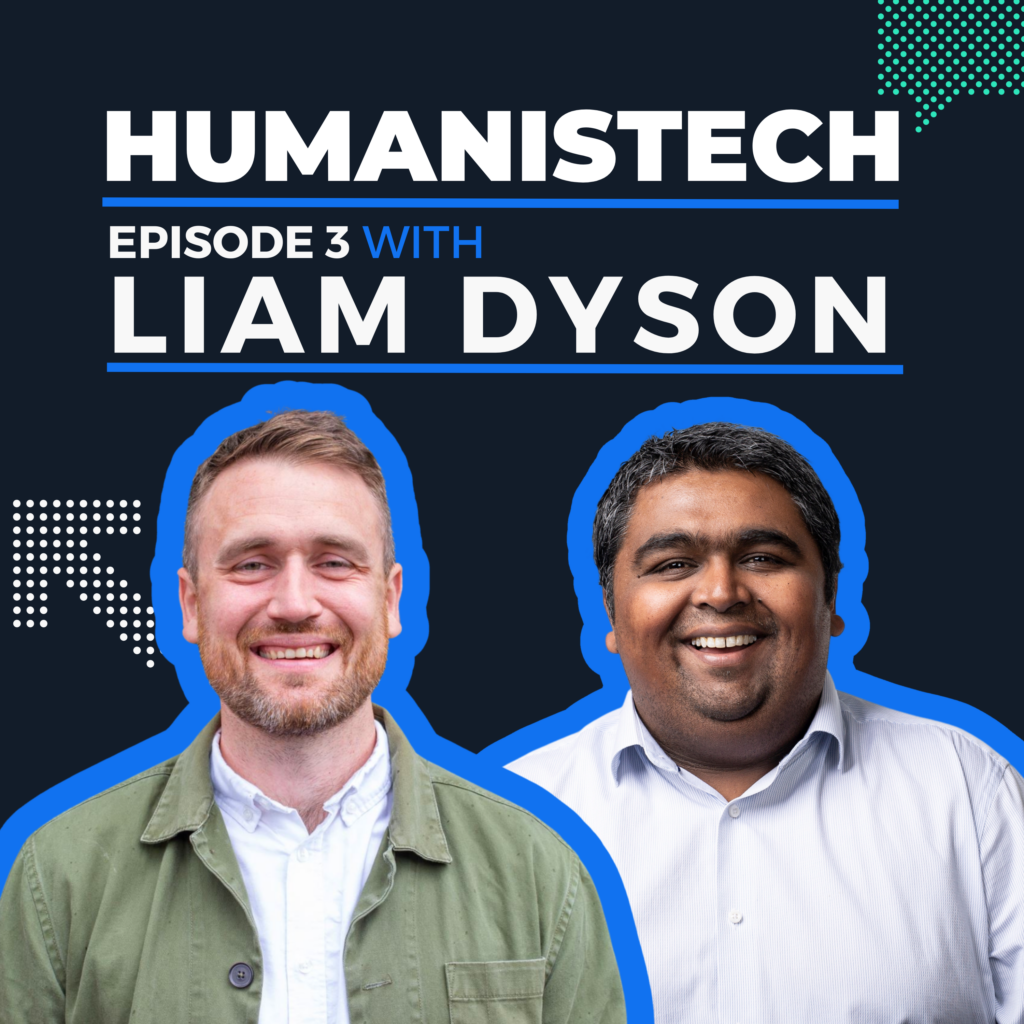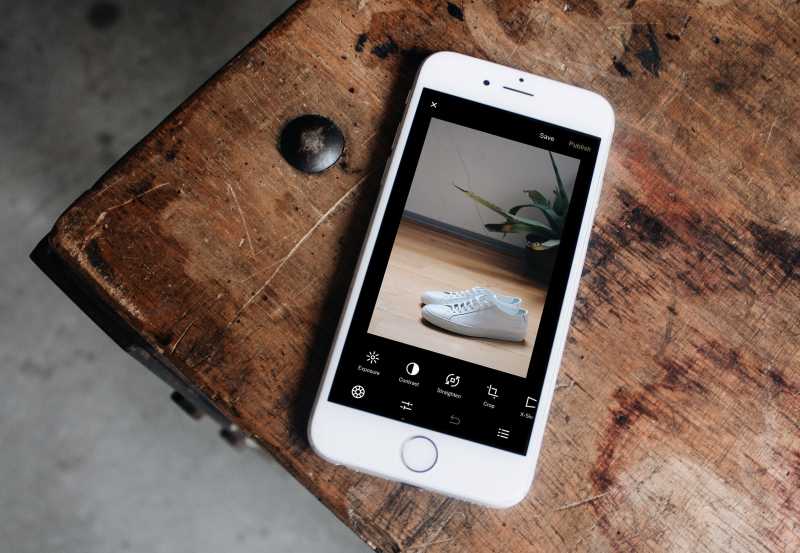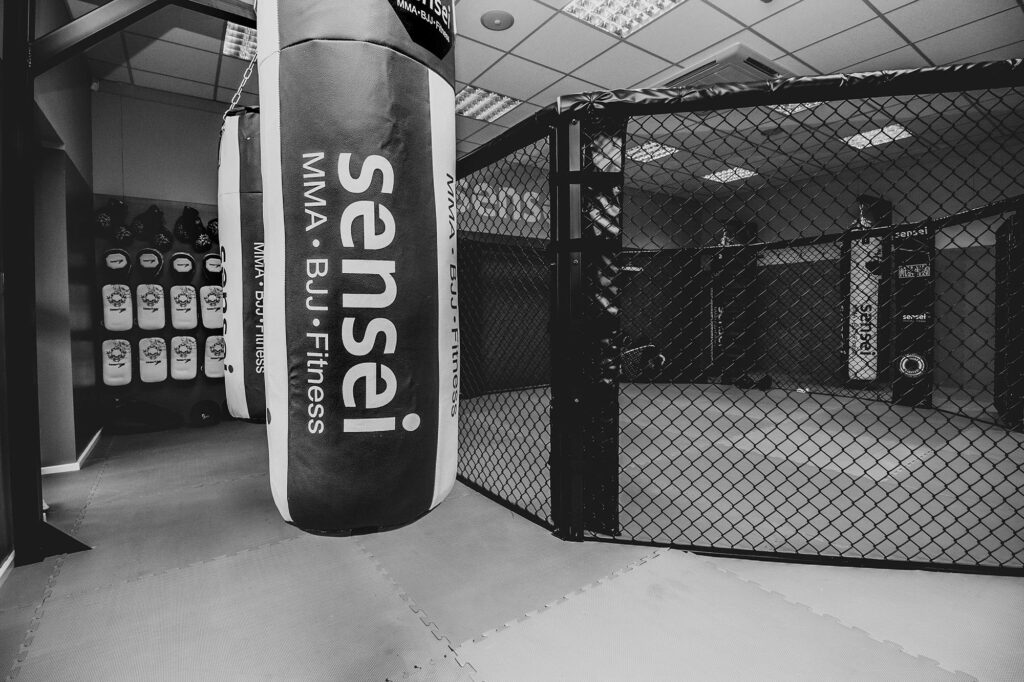The fashion industry is big business‚ one of the biggest out there in fact. Worth $2.4trn globally at last count‚ the fashion industry would be bigger than all but six of the world’s largest economies in terms of GDP‚ beating out the likes of France‚ Brazil and Canada.
With such economic might it’s unsurprising that‚ much like its fellow superpower economies China and the USA‚ retailers in the industry have been investing heavily in artificial intelligence (AI).
In an era of fast fashion‚ knowing what the customer wants and getting it to them as quickly as possible is vital to staying competitive‚ and AI can help retailers do this more efficiently than ever.
Upstarts like ASOS and subscription delivery services like Thread and Stitch Fix have been shaking up the status quo thanks to their embracing of this new technological frontier and have got the incumbents rattled.
Whether its powering a product recommendation engine or utilising machine vision to help users find the style they want‚ AI is changing the way we shop in ways that are even seeping out into real-world retail sites.
AI-powered recommendations
One of the trailblazers in applying AI to fashion retail has been UK fast-fashion giant ASOS. The retailer began experimenting with AI and machine learning back in 2016 before quickly integrating the tech throughout its operations and services. Chatbots and visual search utilising a smartphone camera are just two fruits of the organisation’s AI drive that customers can currently benefit from.
In more subtle ways data and machine learning are also quietly transforming the way ASOS’s customers interact with the site and choose their own styles. With over 5‚000 new products added every week‚ the retailer is waging a constant battle to balance choice with the need to not overwhelm its customers ─ especially when 76 percent of visits are coming from mobile devices.
To combat this problem the company has been honing its algorithms in an attempt to only show customers items that they want to see. AI-powered recommendations are complemented by data crunching of customer orders and returns to gauge appropriate sizes and fitting.
Its visual search feature‚ which it launched in 2017‚ allows users to snap a photo of an item they’re interested in so that the ASOS app can recommend similar pieces. As with all machine learning algorithms it’s learning all the time‚ so the more images that are fed into the system the better it gets at recommending relevant items of clothing.
Of course‚ ASOS aren’t the only ones in the sector to be dabbling in this sort of tech. German fashion retailer Zolando signalled its move into AI at the end of 2017 with personalised product recommendations based on whatever a user had in their basket. Meanwhile‚ Italian giant Yoox Net-a-Porter recently cut the ribbon on a new 500-headcount ‘Temple of innovation’ in London whose remit has AI at its core.
Wardrobe in a box
Shopping patterns have morphed over the years as ecommerce has come to dominate retail around the world. Although the degree to which online spend has overtaken in-store spend differs from country-to-country‚ the trend towards online shopping is set to continue inexorably in the coming years; reaching $4.8trn globally by 2021.
Convenience is one of the obvious drivers of this growth alongside cost and range. Pushing this idea of convenience even further are subscription services which are stripping back the browsing experience to the point where shoppers aren’t even doing any browsing at all.
Services such as Thread in the UK and Stitch Fix in the US provide users with customisable boxes of new clothes which users have the option of either keeping or returning. Customers are given questions to determine their preferences‚ asked to send in images of themselves along with items they already own and their budget. A personal stylist then sends recommendations and tips based on their selections.
![[object Object] [object Object]](http://images.ctfassets.net/o6514hijae09/2S7ZeKJQ0GAN1eyTSKhy8b/179b9eee64fdd9e9413cb7dd06c09f8a/stitchfix.jpg)
Photo by Katie Laird on Flickr
Every user is assigned their own ‘virtual stylist’ but it would be unrealistic to assume that each personal shopper could sift through the preferences and wardrobes of the thousands of customers that are placed in their sartorial charge.
Take Stitch Fix. The publicly-listed company claims it has shipped to 2.5m customers in the past year and boasts a line-up of around 3‚000 stylists. A rudimentary calculation would suggest that each stylist is responsible for around 833 Stitch Fix customers‚ so how does the platform provide the personalised experience it prides itself on?
Considering the thrust of this post‚ you won’t be surprised to discover that it’s algorithms and data analysis that are fuelling much of the personalisation that’s going on in the background.
Using customer data‚ machine learning algorithms suggest selections that it thinks suits each user’s preferences and the stylist handpicks the five most suitable to send as part of a delivery.
![[object Object] [object Object]](http://images.ctfassets.net/o6514hijae09/4ZdpVetalkNNnhDksWjBNZ/5e1f959eac2959069a1d2b8f757eefbb/fashionable-clothing.jpg)
Data collection and analysis doesn’t just end with garment selection either. Which items a customer keeps or returns are also monitored and fed into the system to inform even better choices next time and drive down the volume of returns.
As with all machine learning systems‚ the system is learning all the time and the more customers that are filtered through the better it gets at predicting what a customer will like. At least in theory (the company doesn’t provide figures on customer returns).
It’s feasible that within a few years human stylists could be done away with entirely as increasingly sophisticated algorithms take charge of everything from garment selection to filtering and fine-tuning. Combined with other data stores such as your entire purchase history or even your own personal calendar‚ the chore of buying clothes could quickly become a thing of the past.
Alexa: Your personal stylist
This utopian vision of a future free of browsing through sales racks‚ jostling with bargain hunters or incessant scrolling is nearer than we might think.
In early 2018‚ Amazon heralded the full consumer launch of its Amazon Echo Look device which combines its personal assistant Alexa in conjunction with a 5-megapixel depth-sensing camera that is capable of taking photos and videos.
Alongside the Amazon Look app‚ the new device uses computer vision (CV) and machine learning to suggest potential outfits and combinations based on the user’s body shape as well as offering a style check feature which rates what you are currently wearing.
Reaction was mixed when the device was originally unveiled in 2017 but viewed in conjunction with the recent launch of the ecommerce giant’s ‘try before you buy’ fashion service Prime Wardrobe in the US‚ Amazon’s intentions become abundantly clear.
![[object Object] [object Object]](http://images.ctfassets.net/o6514hijae09/6mpygM6ZKccY2uNY7pa2TA/aa8296e543751e8d9fa11ee2701ad36a/Echo_Look__App.jpg)
Photo by Amazon
Despite lacking the complex personalisation options and range of styles offered by personalised shopping platforms (customers currently select their own items and fill their own baskets on Amazon)‚ it’s clear that the new service is a testing ground for a potential challenge to the likes of Stitch Fix and Thread.
It’s also a glimpse into a future where AI doesn’t just take our own preferences or the things we say we like into account‚ but makes its own decisions based on what it sees mixed with current trends.
It might seem that all these shiny innovations are always directed at getting people to spend more money on more stuff‚ particularly new releases from Amazon. That’s definitely at play here‚ but the new style match feature also poses the interesting possibility of suggesting new combinations of clothes you already own- potentially cutting down spend and getting more mileage of your current threads.
Smart mirrors and in-store recommendations
Our focus so far has been targeted at online shopping but‚ despite tales of its demise‚ 88 percent of UK retail sales and 92 percent of US sales are still at brick and mortar retailers. Evidently‚ many people still prefer the in-store experience where they can feel and see what they are buying. And if recent experiments by Alibaba in China or Amazon in the US are anything to go by‚ in-store retail won’t be immune to AI disruption either.
In 2017‚ tech giant Alibaba pioneered new smart mirror technology as part of Singles Day‚ a major shopping event in China that occurs every November. Rolled out across 13 retail stores across the country‚ the firm’s FashionAI platform is built into screens fitted within changing rooms. Any items a shopper brings into the changing rooms are automatically scanned so that the screen can provide product recommendations based on their selections.
![[object Object] [object Object]](http://images.ctfassets.net/o6514hijae09/4Y2IengyPNuhiGZUPfGpru/9e9688b078b0bd1717705228b02afafc/becca-mchaffie-580884-unsplash.jpg)
Photo by Becca McHaffie on Unsplash
Also built into the smart screen is an orange button which shoppers can press to summon a shop assistant with the relevant items suggested by the platform. The system melds online convenience with the benefits of in-store shopping and points towards a future where the lines between in-store experience online are increasingly blurred.
The logical destination of smart mirror technology is to allow customers to try on clothes without ever having to step into a changing room. In future‚ consumers will be able to cycle through a list of clothes‚ even clothes that aren’t available in-store‚ and algorithms will adapt their reflection to instantly map the chosen items on the consumer.
Cutting out the noise with AI
The increasingly widespread adoption of AI in fashion retail is driven‚ like most innovations‚ by one overriding driver: convenience.
It’s the convenience of being given the most relevant recommendations at the right time‚ it’s the convenience of being shown only the most appropriate selections that are specifically relevant to you and it’s the convenience of being suggested complementary items that go with your current outfit without you even having to think about it.
![[object Object] [object Object]](http://images.ctfassets.net/o6514hijae09/3enJkUaaUBnKXLr9IR8Ais/7c95111ba1b2047c80e50545abb024e3/Field_of_Dreams.jpg)
Photo by Classic Films on Flickr
To paraphrase (or bastardise) the words of Ray Liotta’s character in late-80s classic Field of Dreams: “If you make it convenient‚ they will come”. The simple fact is‚ in the age of the smartphone‚ consumers are all about instant gratification and convenience. AI and machine learning innovations are capable of providing both.
The size and competitiveness of the fashion retail market has proven a fertile testing ground for AI innovations‚ with retailers trying out compete each other on features‚ personalisation and usability.
As the technology becomes even more advanced and intertwined in our lives you’d do well to keep an eye on the fashion industry‚ which is proving itself to be a real AI bellwether. Not to mention bang on trend.





